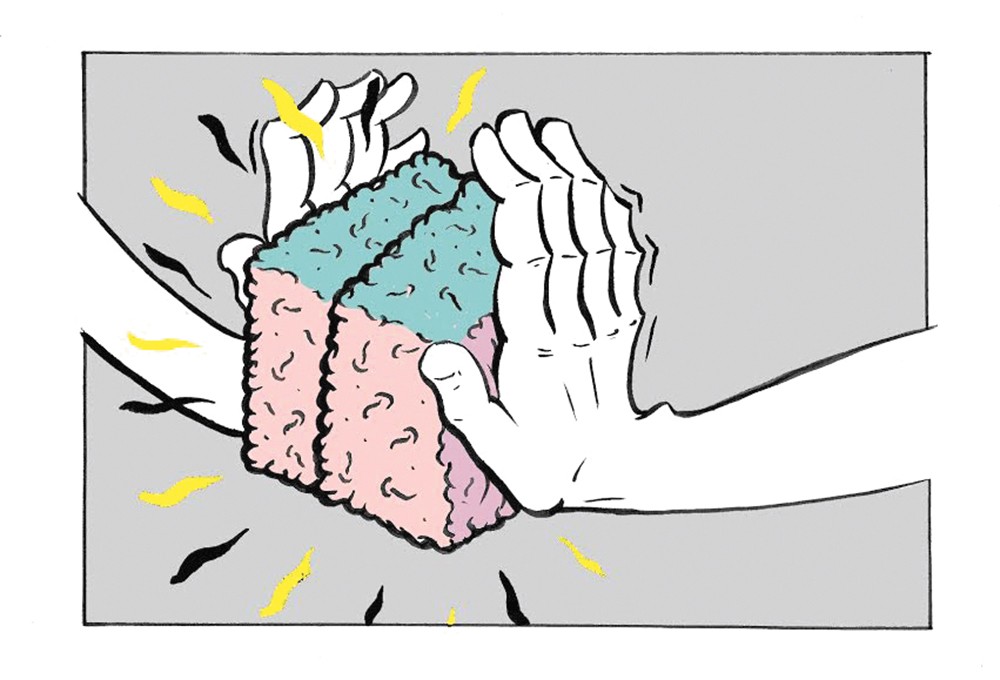Sexism, racism and homophobia exist. Nowadays, most people agree that they are bad. It took work to create a culture that rejects these bigoted views, and there are certainly holdouts who continue to resist replacing stereotypes with more accurate, fully developed, individualized pictures of the lives of people with life experiences different from their own.
There is a great need to stand up against another form of biased thinking. Similar to racism or other "isms," sanism is a term used to describe bigoted generalizations about someone's sanity or mental health status. Our culture is full of stereotypes about what it means to have a mental illness. Those sanist stereotypes are routinely used to justify segregating or mistreating individuals with mental illness.
We can fight against sanism, if, as was done with racism, sexism and homophobia, people with mental illness and their allies collectively reject sanist practices by our social institutions and expect more from our fellow community members. The U.S. Substance Abuse and Mental Illness Services Administration reports that more than 20 percent of Washington residents experience a mental illness every year. There is strength in numbers. People with mental illness can take a stand, along with their families, friends, co-workers and neighbors who know they are not some characterization of a "crazy," "insane" "lunatic." Together, we could remove the stigma of mental illness and the resulting negative reactions.
The Inlander's ongoing series "State of Mind" is an excellent example of what it looks like when our media institutions reject stereotypes associated with mental illness and focus on facts. The Inlander features voices of those with mental illness from state hospitals, jails and in our community. The Inlander's coverage has deviated from a typical portrayal of individuals with mental illness as those who need to be feared, or locked away to keep themselves or others safe. We should expect all of our media outlets to do the same.
Disability Rights Washington has been working on fighting against sanism for decades. We have seen sanist disregard for people with mental illness as they are incessantly bullied at school or find themselves restrained in emergency rooms without appropriate treatment because inpatient psychiatric beds are unavailable. There are also those waiting indefinitely in jails for mental health evaluations, or those who have their fitness to practice their chosen profession called into question simply because they sought treatment for a mental illness in the past. We have seen media frenzies that lead to laws disregarding the rights of those one in five Washingtonians with mental illness.
Influential individuals like Abraham Lincoln, Winston Churchill and Sir Isaac Newton had mental illnesses and had to confront this deeply held stigma. Imagine if they had been deprived of the opportunity to lead or to educate because of their disability. Imagine also the number of bright leaders who will emerge from the closet once we reject the sanist beliefs that have been restraining them for so long. ♦
Mark Stroh is executive director of Disability Rights Washington.





















